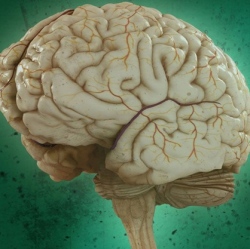
New evidence puts into doubt the long-standing belief that a deficiency in serotonin, a chemical messenger in the brain, plays a central role in depression. Scientists report that mice lacking the ability to make serotonin in their brains (and thus should have been "depressed" by conventional wisdom) did not show depression-like symptoms.
Donald Kuhn and colleagues at the John D. Dingell VA Medical Center and Wayne State University School of Medicine note that depression poses a major public health problem. More than 350 million people suffer from it, according to the World Health Organization, and it is the leading cause of disability across the globe. In the late 1980s, the now well-known antidepressant Prozac was introduced. The drug works mainly by increasing the amounts of one substance in the brain – serotonin.
So scientists came to believe that boosting levels of the signaling molecule was the key to solving depression. Based on this idea, many other drugs to treat the condition entered the picture. But now researchers know that 60 to 70 percent of these patients continue to feel depressed, even while taking the drugs. Kuhn’s team set out to study what role, if any, serotonin played in the condition. To do this, they developed "knockout" mice that lacked the ability to produce serotonin in their brains. The scientists ran a battery of behavioral tests.
